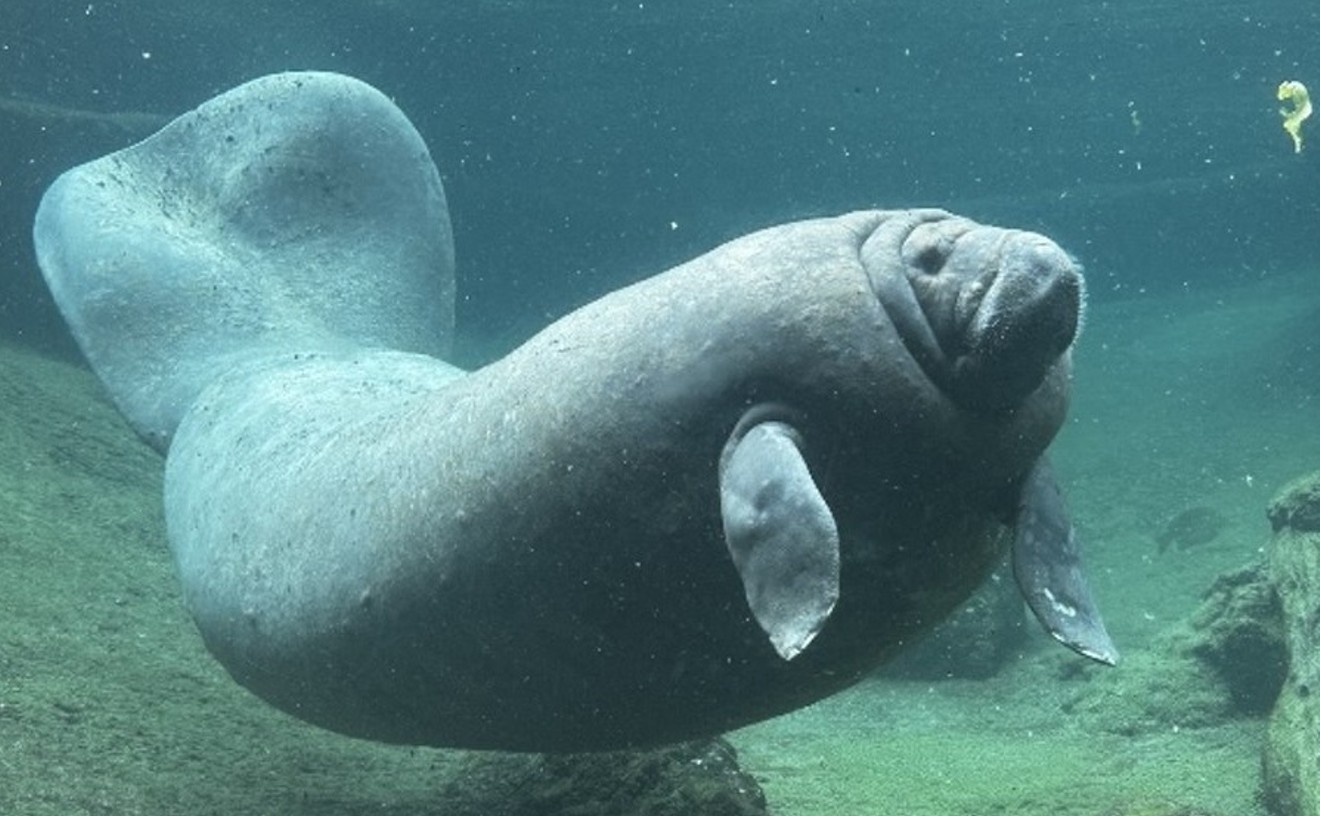For the first time, Facebook will put its stock up for public sale today. The company will instantly land at least $16 billion, pushing its value to well over $100 billion. Wunderkind CEO Mark Zuckerberg will be the obvious winner, but hundreds of other investors are also in line for a windfall.
One of them is Eduardo Saverin. You know: the "good guy" who's betrayed by Zuckerberg in the movie The Social Network. Saverin lived in Miami for seven years and attended posh Pinecrest school Gulliver Prep before meeting Zuck at Harvard. This week, Saverin is being slammed for moving to Singapore and renouncing his American citizenship just in time to save money on his $3- to 4-billion Facebook fortune.
Saverin denies that he's being unpatriotic, but just after graduating from Gulliver, Saverin was more honest. Check out this quote we dug up:
"I do not feel any form of connection to the United States that goes beyond the mere use of its resources," Saverin said in 2002 after completing his first year at Harvard. "I believe that individuals should extract the gains that the land has to offer."
Saverin was born in Sao Paulo, Brazil, in 1982 and moved to Miami in 1993 after his wealthy family was allegedly targeted for kidnapping.
In Miami, Saverin attended Gulliver for four years. According to classmates, he arrived with a Brazilian accent but quickly proved to be one of the smartest students in the exclusive institution.
His senior year, he was class president, was a finalist for a national science prize worth $100,000, and won a competition from the local plant society for his "evaluation of the biodiversity present within the lichen community of the Florida Everglades ecosystem."
"He was not super outgoing or extroverted," remembers classmate Kassandra Doyle, now a lawyer in Miami. "So it's ironic that he was involved in starting such a friend-making thing as Facebook."
"We were all nerds to begin with," she says of Gulliver. "But he came to our school and became king of the smart kids without even too much effort. Then the next thing I hear is that he invented this website to make friends."
Doyle says she didn't know Saverin well but jokes that she sometimes wishes she had. "He's occasionally referred to as this super available bachelor" because of his good looks and mega-fortune, she says. "It's funny because I never thought of him like that. But now I think, damn I missed my chance!"
She shrugs off Saverin's decision to renounce his U.S. citizenship.
"Hey, corporations do it all the time," Doyle says. "It's his prerogative. He wasn't born here. It was just his haven for a while."
Not everyone is so generous, however. Yesterday Democratic Senators Chuck Schumer and Bob Casey Jr. introduced the "Ex-Patriot Act" to punish people like Saverin who renounce American citizenship to dodge taxes.
"Eduardo Saverin wants to de-friend the United States of America just to avoid paying taxes. We aren't going to let him get away with it," Schumer said at a press conference.
Saverin has denied tax dodging. He has lived in Singapore -- where there is conveniently no capital gains tax -- since 2009 and renounced his U.S. citizenship last year because Singaporean citizenship is more convenient, he said in a statement.
The fact that the U.S. government published his renunciation a week before Facebook's initial public offering is just a coincidence, Saverin said.
David Hryck, a tax expert with SNR Denton, says such citizenship swerves have become increasingly common in recent years. The Great Recession lowered the market value of many fortunes, including Saverin's. By renouncing his U.S. citizenship last year, before Facebook officially increased in value, Saverin was forced to pay up-front taxes ("hundreds of millions," he claims), but saved as much as $100 million in the long run.
Over 1,700 other ex-Americans have done the same thing so far this year, Hryck points out. "If Saverin is going to live outside the US and stay in line with US residency rules, he's entitled to."
The Ex-Patriot Act, however, would claw back millions more from Saverin in the future, even though he is no longer a U.S. citizen and doesn't live here anymore.
But after giving Uncle Sam the one-finger salute, Saverin now faces some added risks. If American officials decide he ex-patriated just to avoid taxes, he could be barred from re-entering the U.S. ever again.
Doyle, for one, doesn't begrudge her former classmates wealth or success. Instead, she hopes to emulate him.
"Maybe when the next big idea comes around, I'll get in on the ground floor too," she says.
Follow Miami New Times on Facebook and Twitter @MiamiNewTimes. Follow this journalist on Twitter @MikeMillerMiami.











